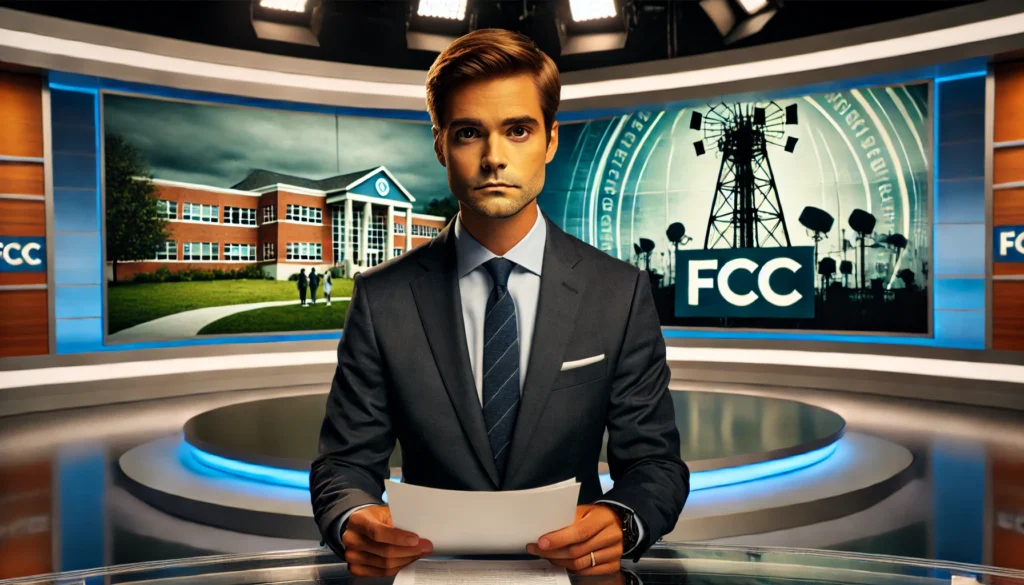Loudoun County Public Schools (LCPS) in Virginia has taken an unprecedented step in its attempt to control media narratives surrounding the district’s ongoing controversies. In a startling move that has raised serious concerns about press freedom, LCPS has filed a complaint with the Federal Communications Commission (FCC) against WJLA, the D.C. market’s ABC affiliate, over its award-winning coverage of the school system’s alleged corruption and mismanagement.
The 35-page document, authored by LCPS spokesman Dan Adams, characterizes WJLA’s reporting as “misinformation and disinformation” that amounts to “bullying and harassing behavior.” This extraordinary action comes in response to the station’s persistent coverage of various scandals and controversies that have plagued the school district in recent years.
At the heart of the complaint are accusations that WJLA, particularly lead Loudoun reporter Nick Minock, has mischaracterized events and failed to report information in the manner dictated by the school system. One example cited in the complaint involves a dispute over the number of days the school superintendent spent traveling on junkets – WJLA reported 20 workdays, while LCPS insists it was 19.5 days.
The school system’s complaint goes so far as to suggest that external intervention is necessary to curb WJLA’s reporting. “LCPS is forced to ask itself, ‘what recourse remains?'” the document states, implying that the station’s behavior will continue “without some kind of external action.”
This move by LCPS has been met with widespread criticism from advocates of press freedom and government transparency. Many view it as an attempt to stifle legitimate journalistic inquiry and public oversight of a taxpayer-funded institution.
The timing of the complaint is particularly noteworthy, as it coincides with WJLA’s Nick Minock winning three Emmy awards for his reporting on Loudoun County schools. This recognition from peers in the journalism industry stands in stark contrast to LCPS’s characterization of his work as misinformation.
The school system’s complaint also takes issue with WJLA’s coverage of sensitive topics, including the district’s handling of student safety issues and its policies regarding bathroom access. LCPS argues that the station’s reporting on these matters has been inaccurate or misleading, despite widespread public interest in these stories.
Critics of LCPS’s action, including Virginia state senator Glen Sturtevant, have called for drastic measures in response. Sturtevant suggested a “temporary state takeover” of LCPS, arguing that the attempt to silence free press demonstrates that the school system is “totally out of control.”
This is not the first time LCPS has faced scrutiny for its approach to transparency and public communication. The Daily Wire has previously sued the school system and Dan Adams for alleged violations of Freedom of Information Act requirements.
The broader context of this dispute includes ongoing debates about school policies, student safety, and the appropriate balance between privacy concerns and public right to know. LCPS has faced criticism for its handling of several high-profile incidents, including its response to sexual assaults on school grounds and its policies regarding gender identity and bathroom access.
As this story continues to unfold, it raises important questions about the role of local journalism in holding public institutions accountable, the limits of government attempts to control media narratives, and the potential consequences of using federal agencies to address disputes between school systems and news organizations.
The FCC has not yet responded publicly to the complaint. However, the agency’s handling of this unusual request will likely be closely watched by media outlets, First Amendment advocates, and education stakeholders across the country. The outcome of this case could have significant implications for the relationship between public institutions and the press that covers them, potentially setting a precedent for how similar disputes are handled in the future.


